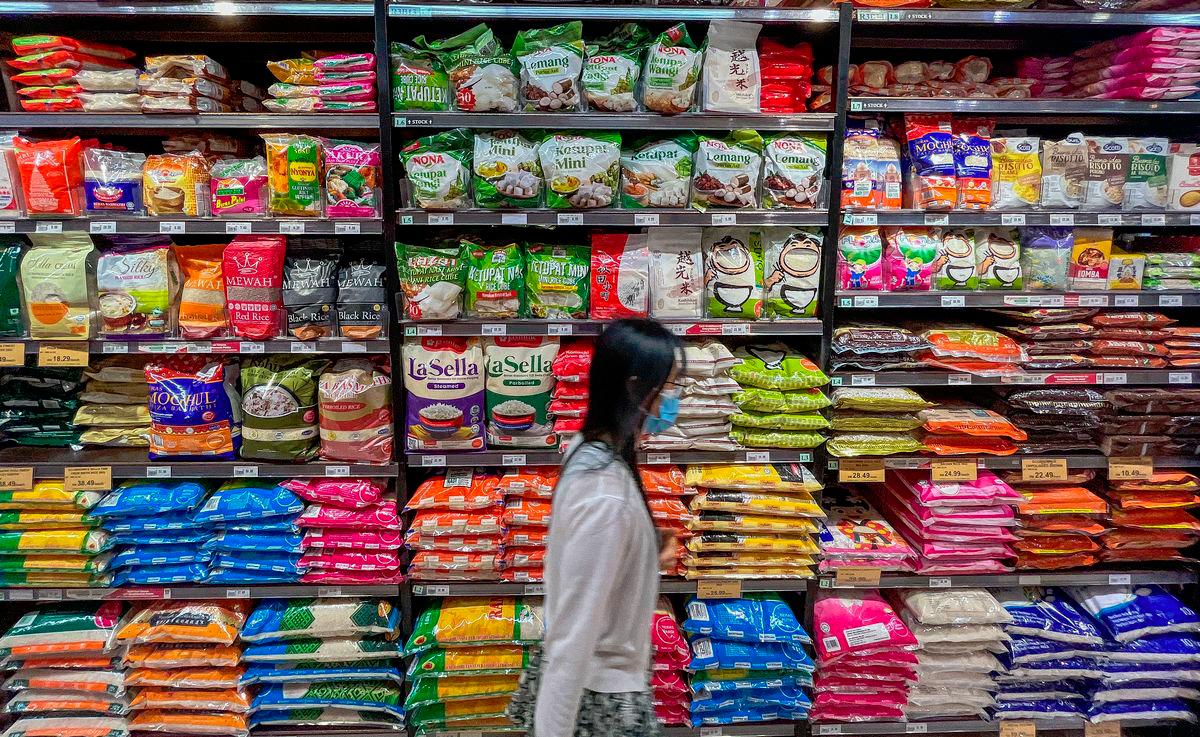KUALA LUMPUR: Malaysia has a 55 per cent chance of securing lower US tariffs in the range of 15 to 19 per cent, down from the current 25 per cent, if successful trade negotiations take place, according to Apex Securities Bhd.
The stockbroking firm pointed to the recent US-Indonesia trade agreement, which reduced tariffs from 32 per cent to 19 per cent, as a positive signal for Malaysia.
This suggests that Washington remains open to discussions if meaningful concessions are made.
Apex Securities noted that Malaysia’s cabotage policy is the most likely area for reform after the US Trade Representative’s 2025 National Trade Estimate Report highlighted structural trade barriers.
“We anticipate that Malaysia may offer a framework for the permanent exemption of foreign vessels engaged in submarine cable repairs in Malaysian waters,“ the firm said.
While sectors like logistics and construction could see partial liberalisation, strategic industries such as oil and gas, telecommunications, and finance are unlikely to open up due to sovereignty concerns.
“As for the automotive sector, full liberation is unlikely. However, targeted tariff reductions on US-made vehicles may be offered as a trade-off,“ it added.
On government procurement and halal certification, Apex Securities expects no major policy shifts, given the political sensitivity of Malaysia’s bumiputera policies.
“The most feasible concession may involve streamlining the certification process to facilitate US meat imports,“ the firm stated.
With limited negotiating power, Malaysia may need to increase imports of US goods such as liquefied natural gas, agricultural products, or Boeing aircraft.
“Collaboration in emerging sectors such as nuclear technology or small modular reactors is plausible but constrained by high capital costs,“ it added.
If tariffs are reduced to 15-19 per cent, Malaysia’s GDP growth could reach 4.1 to 4.2 per cent in 2025. However, a bearish scenario with tariffs at 20 per cent or higher carries a 40 per cent probability, potentially pushing GDP growth below four per cent.
A best-case scenario of 10-14 per cent tariffs is possible but unlikely (five per cent probability) due to domestic political constraints.
Despite risks, Malaysia’s role in the global semiconductor sector provides resilience, though long-term tariff tensions with the US remain a challenge. - Bernama









